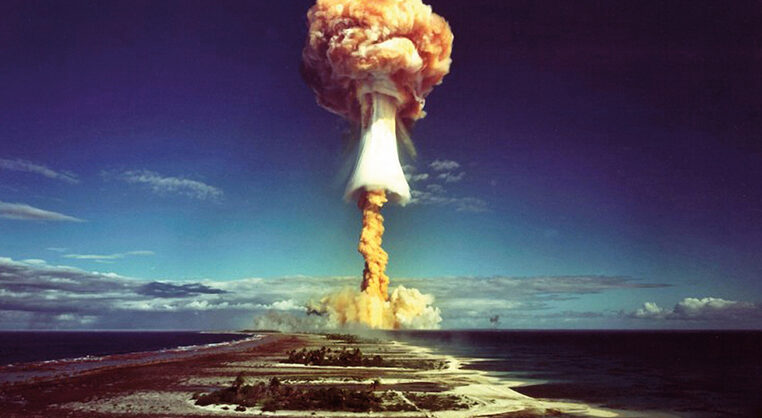The article reflects on the historical and ethical implications of nuclear science, particularly in light of recent books by Frank Close and Tim Gregory. It begins by noting that the atomic bomb’s detonation catalyzed a political movement among scientists, emphasizing their responsibility to prevent science’s misuse for warfare and anti-scientific ideologies.
Close’s “Destroyer of Worlds” presents a sober examination of how the field of nuclear physics ultimately contributed to devastating military applications while lamenting that scientists initially pursued atomic research without awareness of its potential dangers. He critiques the oversimplified narrative that assigns blame solely to fascism, downplaying historical scientists’ complicity with oppressive regimes.
In contrast, Gregory’s “Going Nuclear” promotes nuclear energy as a necessary solution to climate change, arguing it can provide sustainable power without the same historical baggage as nuclear weapons. He suggests that nuclear energy offers prosperity and abundance but dismisses criticisms of nuclear technology as “radiophobia,” inadequately engaging with the complexities of energy politics.
Both authors grapple with the legacy of nuclear scientists, yet the article critiques their view of scientific innocence and the responsibilities borne by those who develop world-altering technologies. Ultimately, the author calls for a more serious acknowledgment of the moral complexities and responsibilities scientists face in their work.



